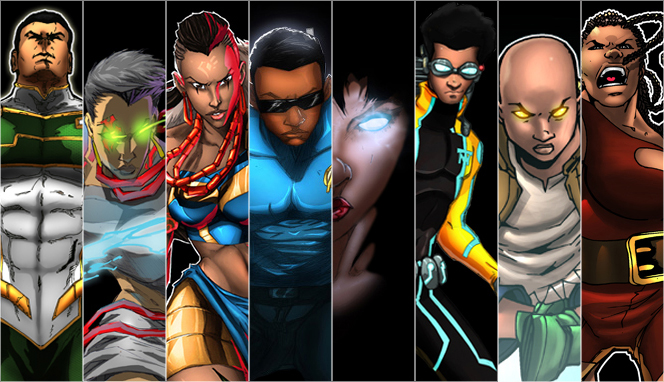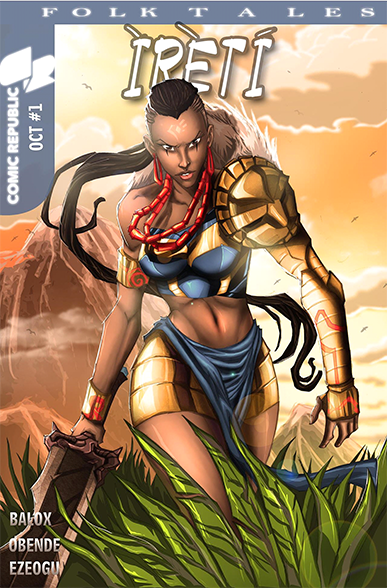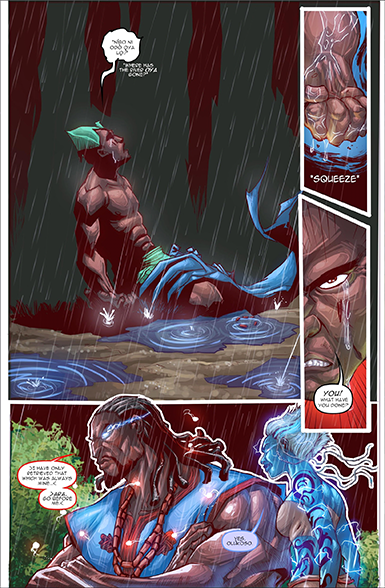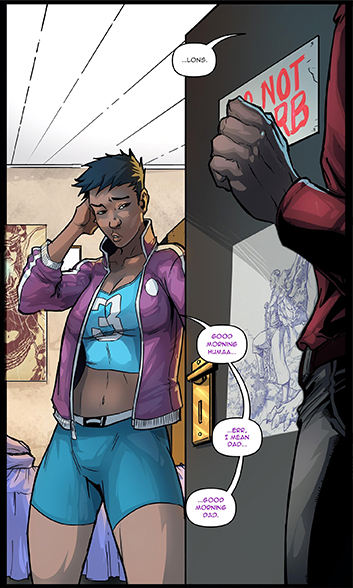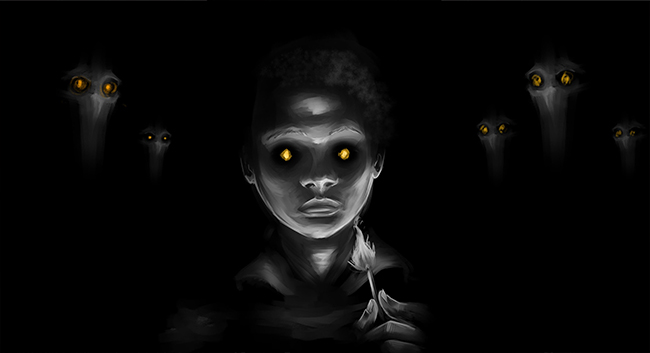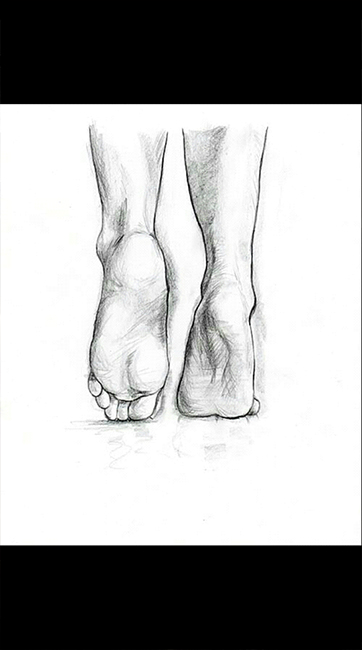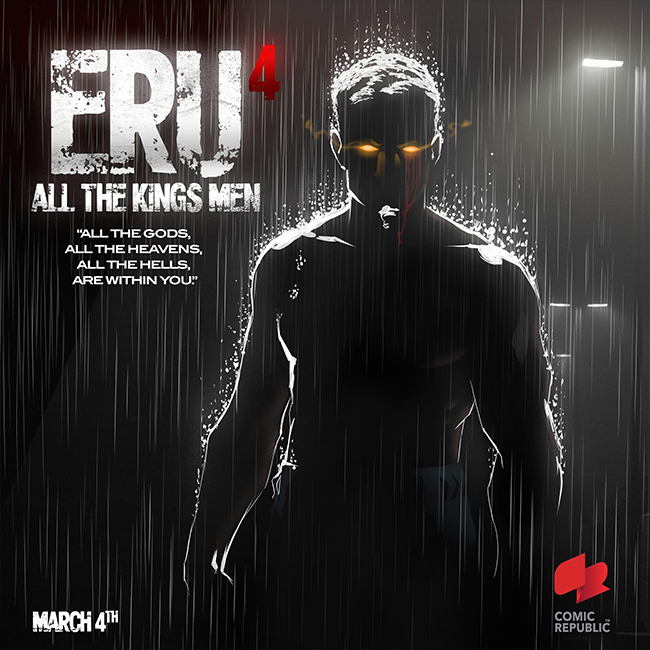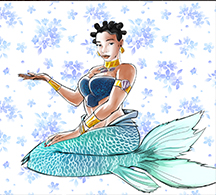
HOW TO DEVELOP YOUR MAIN CHARACTER
Creating great characters can be a chore, especially when you have to cater for the careful selection of their names, distinguishing features, quirks, etc. What is probably the most important rule is that you must add in enough of these five elements to make them relatable, though not necessarily likable. A memorable character can be hated but still leave an impression. So basically your good guy doesn’t have to be a good guy, he can be a bad guy and still be a good character. Get it? No?...Carry on then.
A lot of us are tired of hearing the words “flat” or “two dimensional”, but never fear, the great Cassandra is here, along with a foolproof ''how-to'' guide to help you in your character creation process. And just in case there are any words or phrases you don't understand, there's a glossary after this.
All great main characters have a certain number of attributes that although are hard to narrow down are easily developed, and once you understand what exactly it is you need to create within your character it'll be ten times easier to execute and you'll hopefully never get a horrible review ever again.
So without further ado, after a boring amount of research, some cuts here and there and an expeditious use of Google...here they are, the 5 main elements of an awesome, not necessarily good, main character.
GOAL
All heroes, protagonists, deuteragonists*, Antagonists or whatever else you want to call them, exist because they want something. This strong overwhelming desire, the battles and opposition they face for the sake of that desire is what makes up the very life blood of the story. It's their determination to either become king of the world or the world's biggest slob that sparks the reader’s initial interests and the eventual connection between the character and the audience. Their goals, the tragic backstories that created the circumstances in which your character would develop this need and the emotional attachment your character has to it are all important components that should be incorporated in order to justify their dedication to this goal and the consequences if they are not achieved. This creates the inspiration needed to get an audience hooked on your character and want to support him all the way.
CHARACTER AND CHARACTERISATION
This can simply be translated into ''who they are'' versus ''what they show''. Basically their character or true character is who your protagonist or antagonist is on the inside, their strengths, weaknesses, values, beliefs, fears, faults, world views, etc. This is their true selves, the self they hide from the world as a result of some past experience or fear.
While the characterization of a character in this context is what we see on the surface. It is the kind of person they appear to be at first, not who they really are deep down, which are often complete opposites. i.e.; A kind emotional person can appear brutish and arrogant at first, while a mean and ugly natured bully could actually be kind and honest but act that way as a sort of defensive measure. In human psychology, this is a classic example of the victim becoming the killer or becoming that which we hate as a result of prolonged exposure to certain circumstances. A good example is how having abusive parents can either make you indifferent or easily affected by violence. But that’s just too complex, it’s simply a facade that slowly fades away as the story progresses, leading us and the other characters to see who they really are later on, get it? Now on to the creepy one... Ze ghosts! .
GHOSTS
All good characters should be flawed, well not really ,they could be pixel perfect but that would make them harder to relate to [ As I always say, genius and tragedy go hand in hand]. A character is only as good as its tear-inducing back story. There are different kinds of people in the world and they exist with their innumerable flaws and weaknesses, but all these can be broadly divided into two
• Psychological
• MoralPsychological weaknesses only affect your main character or do not have any direct influence on the people surrounding your character. These include phobias, nightmares, demonic possession. , you name it, but the key to this is to remember that it’s all in their head
Moral flaws are simply the flaws that cause them to affect/ hurt other people. This includes traits/ characteristics like greed, selfishness, etc. These are lapses that affect their day to day interaction with the world and society.
These Flaws are the social/ mental reactions caused by traumatic events in the characters' past refer to as ghosts. These ghosts although buried deep in time, follow and haunt our character [hence the name] creating the perfect circumstances for them to become sob worthy. Overcoming these weaknesses and transforming them into strengths are an important part of character development which will make them more realistic and less Mary-sue*[check in glossary].Remember, the bigger the pity party, the better.
THE JOURNEY
This is important for the narrative progression of your main character.
It begins with what life is like for your main character at the beginning of the story, the various complications and obstacles as they arise to the eventual resolution or denouement* in which the hero adapts to his new environment, though they have been changed forever by their journey. Simply put, there has to be a transition from ''incomplete person'' to ''complete person''.
What is the moral choice they make that spins them out of their boring trajectory?
How do they show how different they have become?
This gives a destination you can navigate towards and a way to walk backwards
How do they show how different they have become?
THE MYSTERY
From the surface characterizations and brief glimpses of the true character underneath to what the character says and the implied sub-text below, the actions they take and the deeper motivations behind it, the backstories as they are slowly revealed and the searching out and connecting of dots to find the truth, these add to the mystery and intrigue of your story.
As a wise intern once said...''Do not give them four, give them two plus two''. Your story is nothing without mystery, always hold on to the juicy details until you absolutely have to reveal it and remember ...The truth is a gift.
And that is about everything you need to know if you wanna create ze best main charaktur evur! MUAHAHAHAHAHAHAHAHAHAHAAAA!!!!!!
Stay tuned...
The plot thickens...
..
..
The rest? Is up to whatever puts the wind in your sails. For more how-to article requests and comments, please visit the discussion column below.
..And for our most esteemed un-literary guests
...A Glossary
• DEUTERAGONIST: A person in a secondary role, specifically the second most important character after the main character ; The sidekick
• MARY-SUE: The perfect main character who always has the best intentions in mind. She's perfect, un relatable and as unrealistic as a happy ending. Now we're not saying you can't have one, just don't make it the main character.
• DENOUEMENT: The final part of a narrative in which the strands of the plot are drawn together and matters are explained or resolved; the end of a story.
*SEE YOU THROUGH THE SCREEN*
